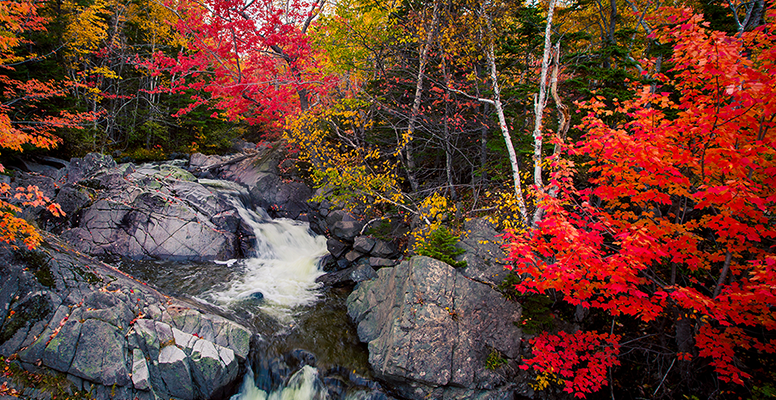We Are In Mi’kma’ki

We are in Mi’kma’ki. Symphony Nova Scotia’s performances take place on the unceded and traditional territories of the Mi’kmaq. The home you are sitting in at this very moment is on the Mi’kmaq’s territory. If you are reading this from outside of Mi’kma’ki, we invite you to learn about and honour the Indigenous Nations on whose territory you reside.
It is important to acknowledge the uncomfortable truth that for you to sit in your home, look over your yard, and walk around your neighborhood, Indigenous people were removed, displaced, and killed. We hold this acknowledgement with the same reverence and respect we have for anyone who has died in the name of Canada, by choice or not.
There is a word that is often used to mean welcome. Pjila’si. However, the literal translation is akin to “step forward.” With this in mind, we invite you to step forward. Embrace what you don’t know. Know that this may be uncomfortable and that you may be challenged on what you always thought to be true.
TRUTH AND RECONCILIATION
At Symphony Nova Scotia, we believe that the arts have true power to change lives, communities, and our world, and that change starts with education. If you’re looking for a place to start your learning journey or want to continue the conversation about truth and reconciliation, here are some helpful resources:
- Watch this video from TVO Docs with Indigenous experts Pamela Palmater, Eddy Robinson, and Cindy Blackstock explaining what it really means to reconcile after generations of systemic racism against Indigenous peoples.
- Watch this video from CBC Kids News with contributor Isabel DeRoy Olson about the history of reconciliation, the Truth and Reconciliation Commission, the 94 calls to action, and more.
- Learn more about National Day for Truth and Reconciliation, and explore the rich, diverse voices and experiences of First Nations, Inuit, and Métis Peoples.
- Explore the educational resources provided by the National Centre for Truth and Reconciliation.
- Learn about the significant dates in the history of residential schools in Canada, some of which can be traced back to the 17th century.
- Honour residential school survivors by listening to their stories, and remember those who did not survive.
- Register for free courses like this one from the University of Alberta that explore key issues facing Indigenous peoples today from a historical and critical perspective.
- Watch the Pjila’si Sessions, a series of multimedia musical experiences for all ages that explore people and place, collective identity, and Reconciliation.
Wela’lioq. Thank you.
